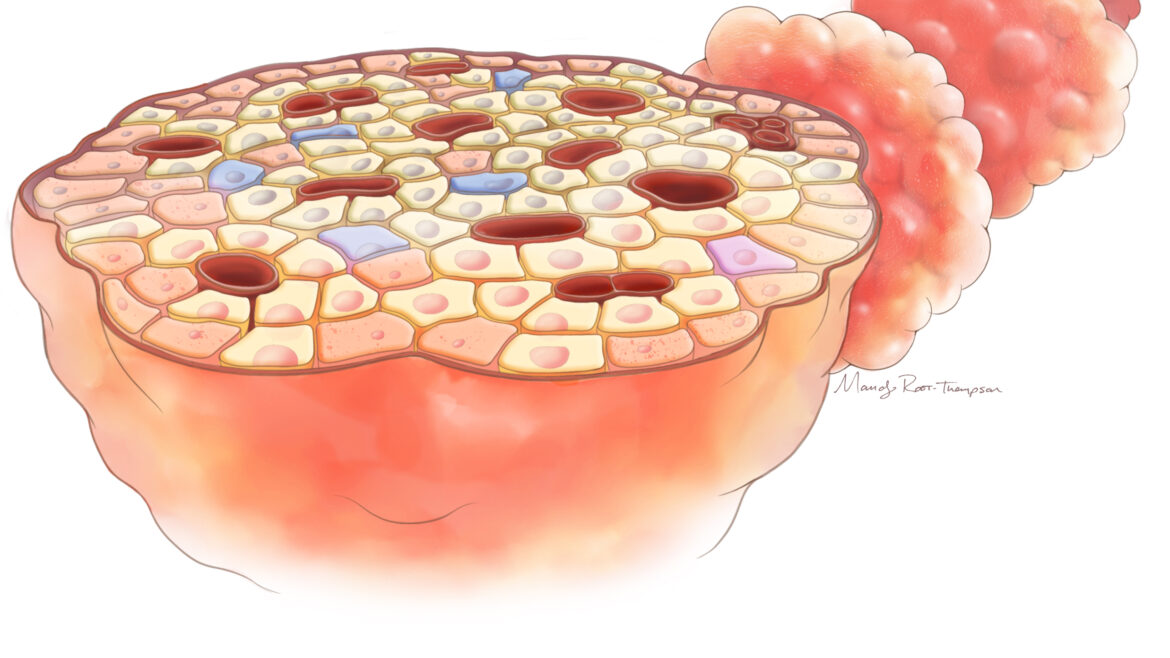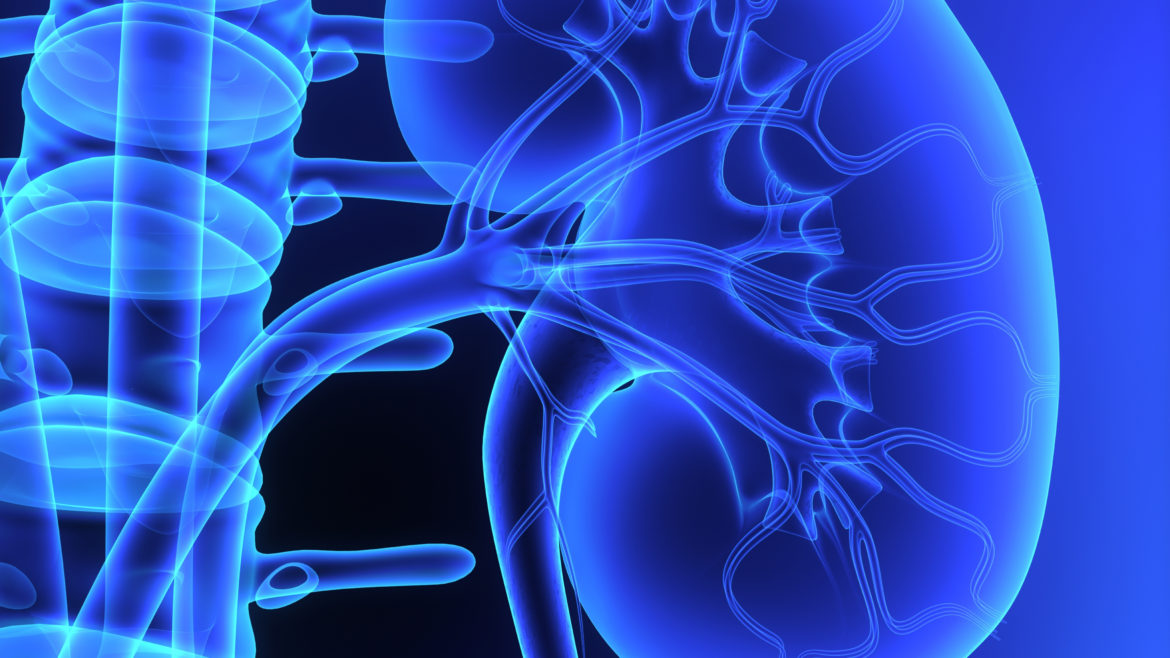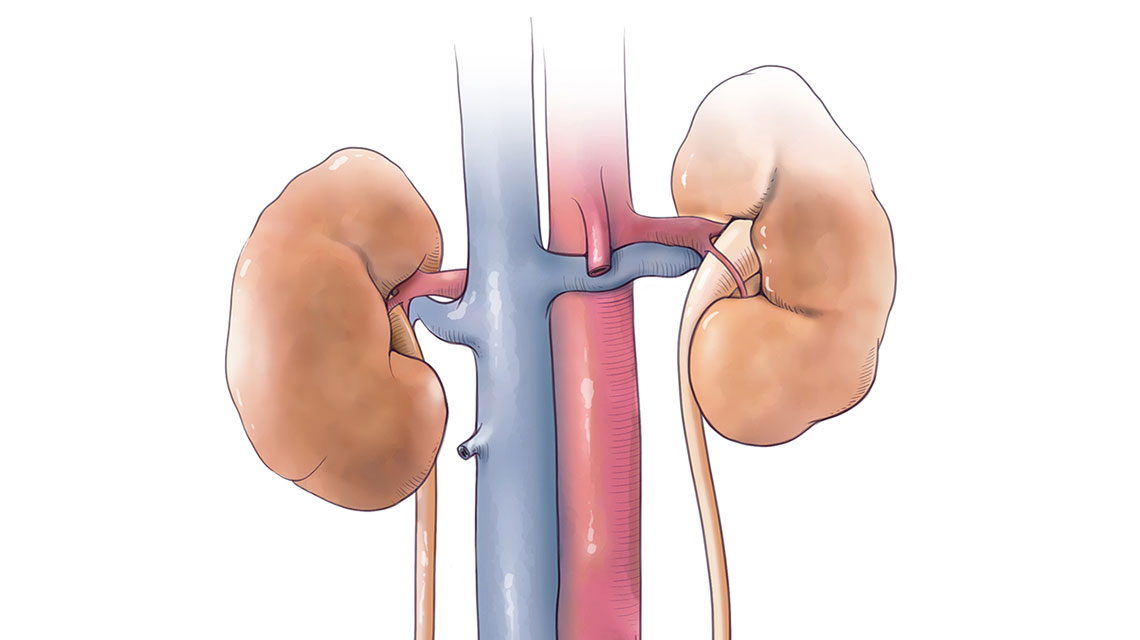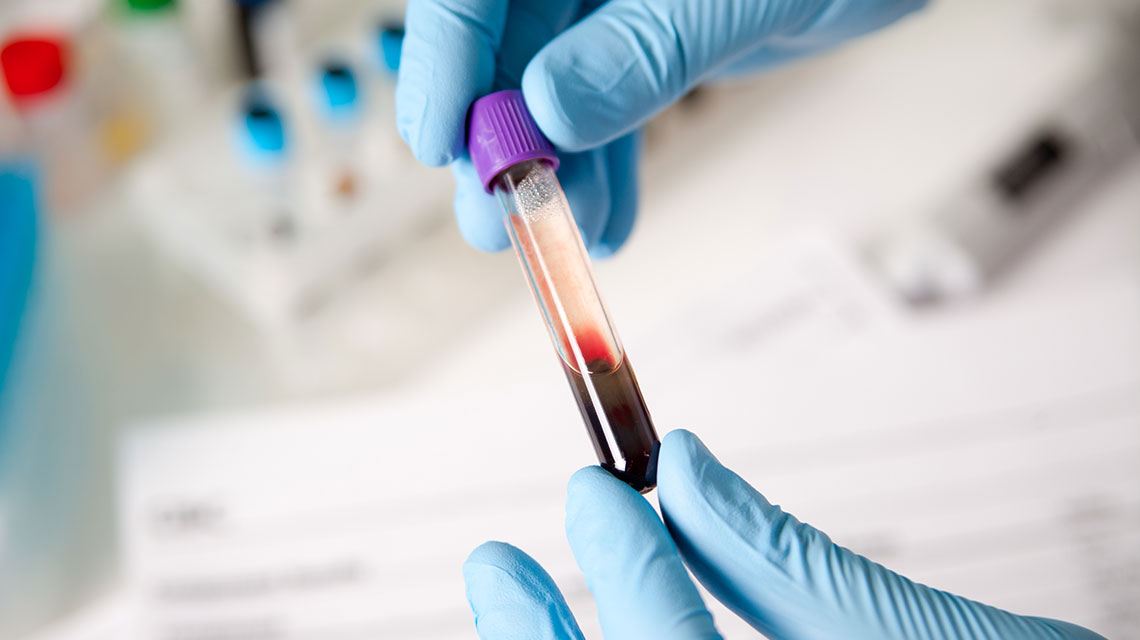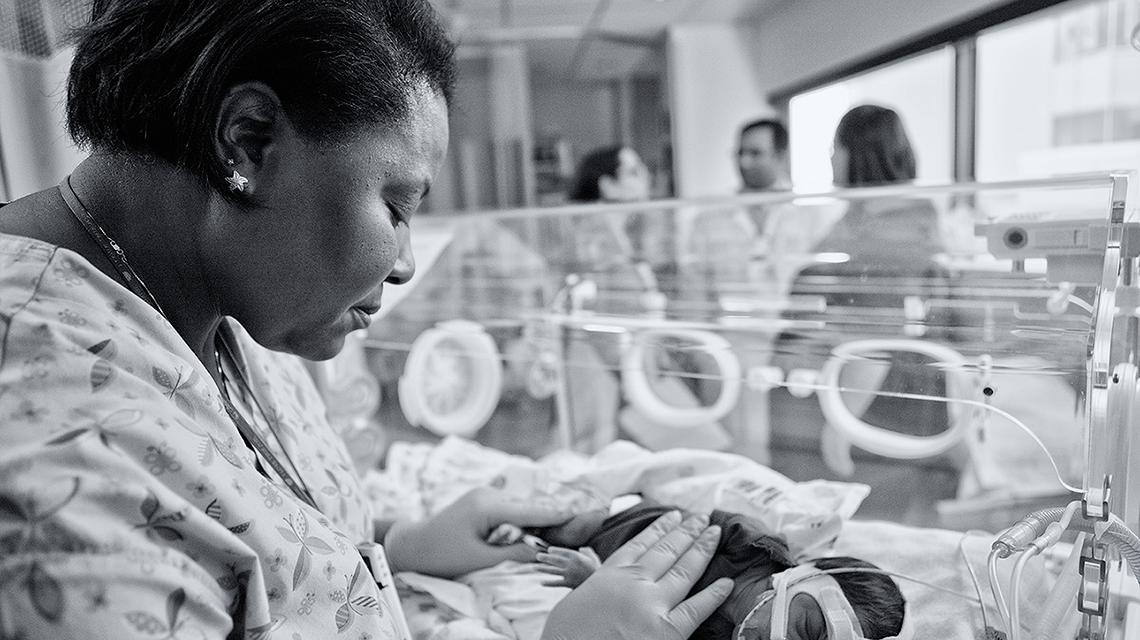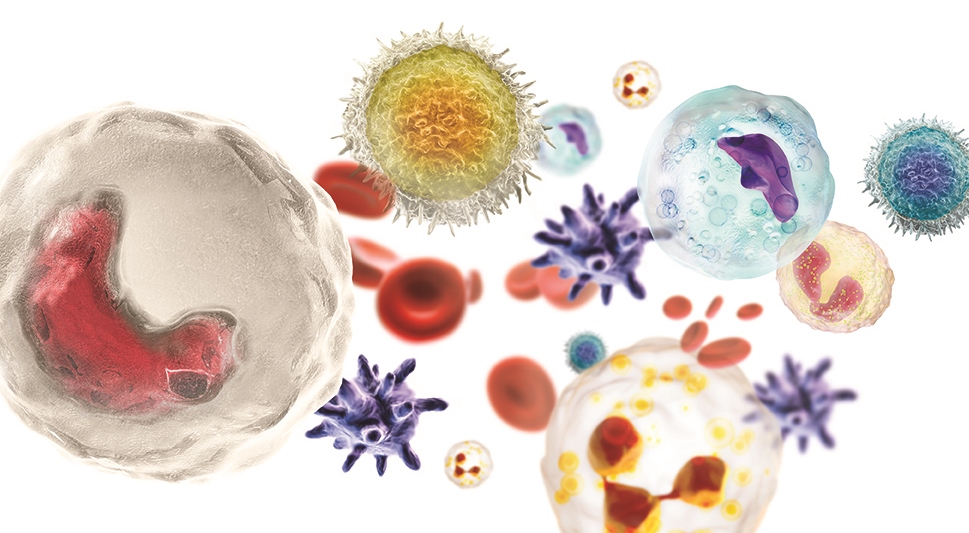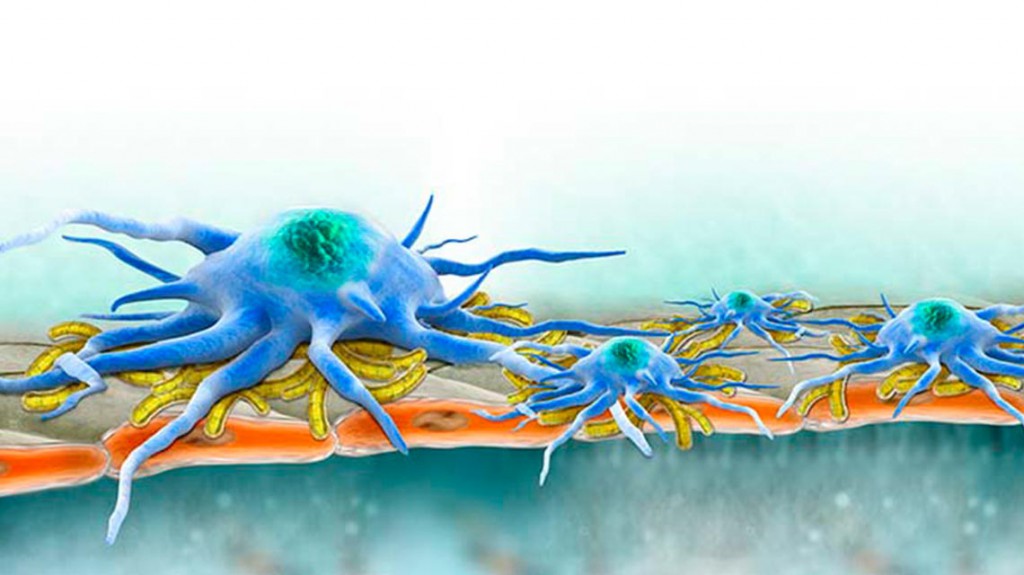Featured Researcher – Rajan Thakkar, MD
Featured Researcher – Rajan Thakkar, MD https://pediatricsnationwide.org/wp-content/themes/corpus/images/empty/thumbnail.jpg 150 150 Alaina Doklovic https://pediatricsnationwide.org/wp-content/uploads/2023/11/100923RH0019-e1699635391623.jpgRajan K. Thakkar, MD, FACS, is a pediatric surgeon, the Trauma Medical Director, and the co-Director of the Burn Center at Nationwide Children’s Hospital. He is an associate professor of Surgery and Pediatrics at The Ohio State University College of Medicine and is a principal investigator at the Center for Clinical and Translational Sciences Research…




